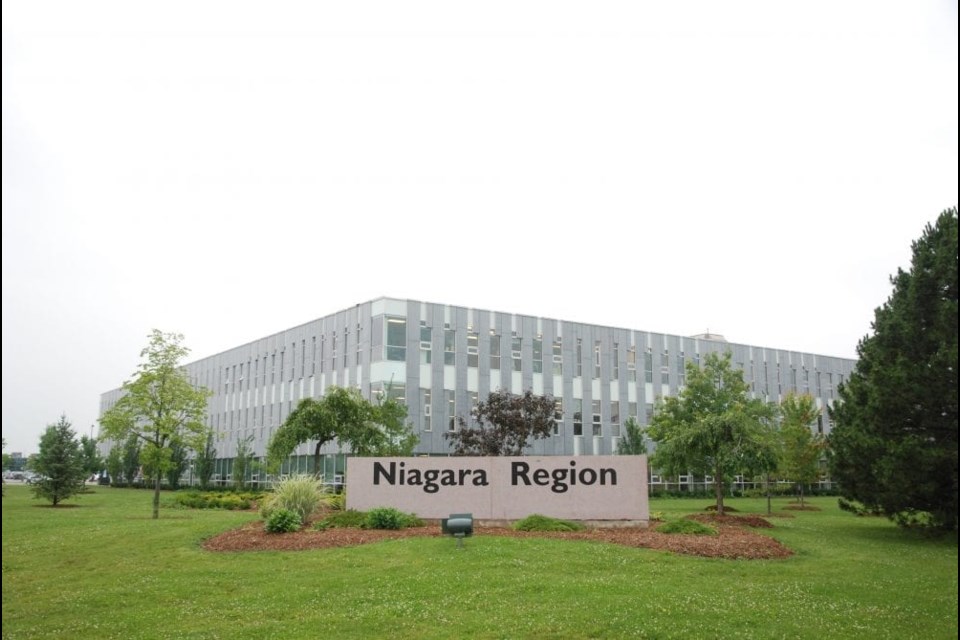A code of conduct for members of the public who sit on regional advisory committees was implemented late last year, but some individuals it applies to are seeing it for the first time.
Put in place last November at the start of the current term of council, the code of conduct for citizens was presented to the region’s accessibility advisory committee for the first time last week, as it was the current term’s first meeting since the 2018 election, explained regional clerk Ann-Marie Norio.
The code is provided as a general standard for all members of the public serving on advisory committees to ensure they are “acting in a manner that is appropriate and establishes a common basis for acceptable conduct,” said regional spokesperson Janine Tessmer.
It was formed as a result of council providing direction to staff to consider the implementation of some type of code to ensure that any advisory committee members were aware of the expectations “regarding conduct and the implementation of similar codes at other municipalities,” she said.
Advisory committees are just beginning to meet and are getting formal glimpses of the code of conduct, a separate document from the code that applies to elected regional council members.
One of the obligations in the region’s code of conduct for citizen members is that they cannot give interviews to the press.
“Members shall not represent themselves publicly or in any form of media as agents of the region,” it says.
“If a member is contacted by the media regarding a matter involving their Niagara region advisory committee, the member shall refer the media to regional staff,” it continues.
Members can’t receive gifts or other personal benefits related to their service on committees, or use regional resources for their own personal purposes.
There are rules related to elections as well.
A member may not identify as a member of a regional advisory committee while working on, fundraising, endorsing or otherwise contributing to the election campaign of another person or third party, reads the code.
In a statement, Niagara Region chair Jim Bradley said councillors value the time, effort and input from all members of public advisory committees as they play an important role in the decision-making process, and that having a code of conduct for them is not unique across the province.
Residents who voluntarily serve on these committees, while not elected, are seen by many as representatives of the region, and as such, it is important that they understand and agree to follow a code that outlines what conduct is acceptable as representatives of the region and potential steps that can be taken for ignoring the code, said Bradley.
The path that council took to develop the code for advisory committees was complex and influenced by a “number of different factors and situations,” he said, adding it’s important there are “guidelines for those who sit on our advisory committees to help ensure all parties involved can avoid unnecessary conflict and criticism.”



